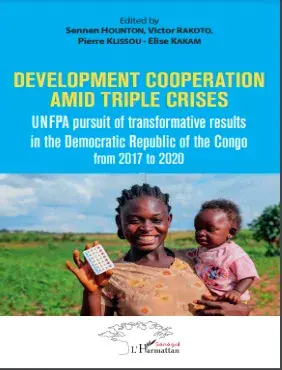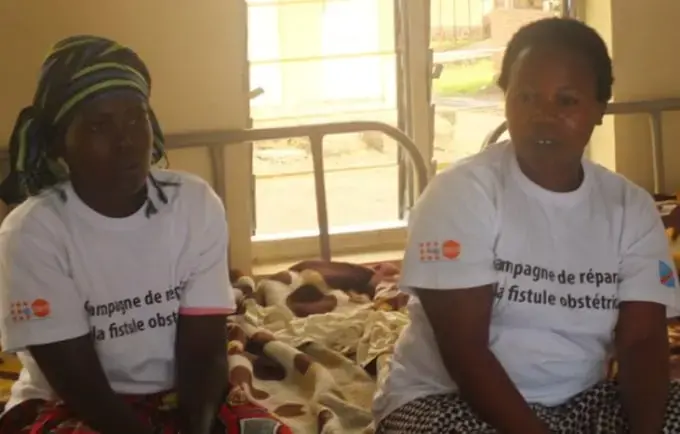Context matters, particularly in countries where humanitarian crises are recurrent, socioeconomic and health indicators are daunting, governance at the national level is variable, armed conflict abounds, people are fleeing violence both inside and outside the borders, and the donor community faces all too many pleas for assistance and support. In this book of ideas and inspiration, the UNFPA DRC team courageously shares their innovative, silo-breaking strategies, tactics, results and reflections on what they have done differently in positioning the agenda of rights and choice in the 2017 to 2020 period towards the three UNFPA transformative results―zero unmet need for family planning; zero preventable maternal deaths; and zero gender-based violence and harmful practices, including child marriage and female genital mutilation―in the face of unprecedented crisis.
In this knowledge transfer book, the UNFPA DRC team illustrates how they contextualize and implement the principles of “leaving no one behind” and “reaching the furthest behind first”, emphasizing that development is a central goal in itself, and that in countries in conflict and post-conflict situations, the development work of the entities of the United Nations development system can contribute to nation-building and sustaining peace, in accordance with national plans, needs and priorities, and respecting national ownership. By tackling the reality of protracted crises and by reducing needs, risks and vulnerabilities, UNFPA DRC contributes to development in full partnership with other agencies and organizations in a spirit of “delivering as one”.




